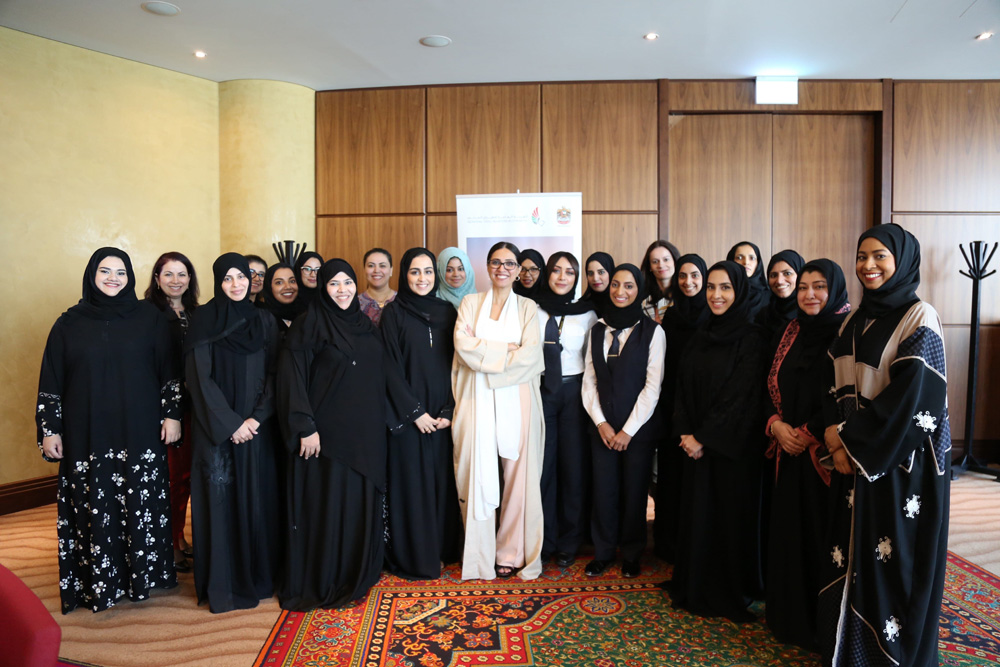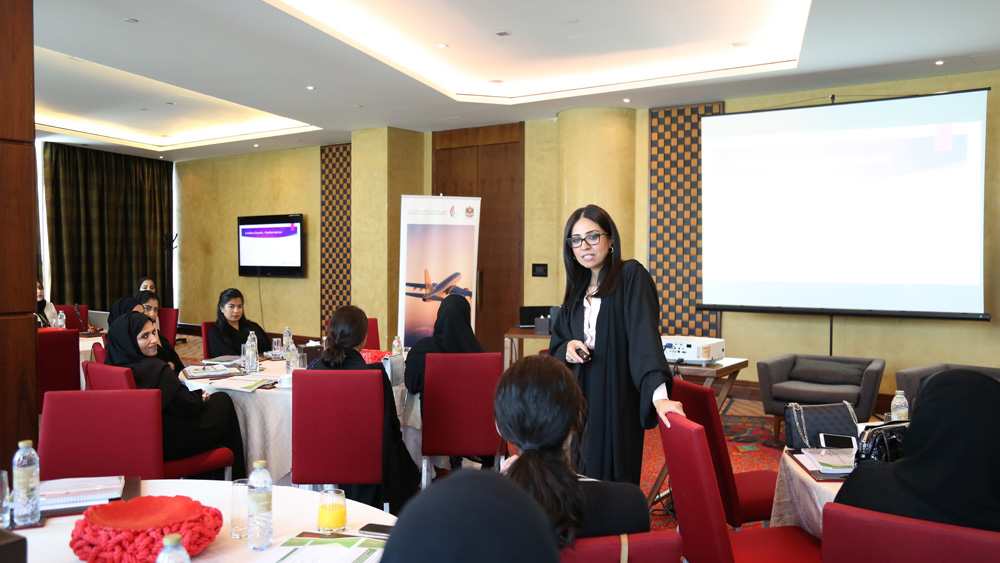
Females are being encouraged to play prominent roles in the UAE’s aviation sector in a bid to revamp the industry. In celebration of Emirati Women’s Day, the General Civil Aviation Authority (GCAA) recently conducted a specialised training course to inspire and support females who have aspirations in air travel.
Titled 'Strategic Planning and Innovation in Aviation,' the three-day course took place in Dubai’s Jumeirah Creek Side Hotel. With Laila Bin Hareb, the GCAA’s Assistant Director General for Strategy & International Affairs Sector, in the driving seat, various topics were covered, including the application of strategic planning processes and concepts in the field of civil aviation, innovation, strategy development and implementation, in addition to corporate performance management.

With the UAE being the home of Emirates Airlines, one of the fastest growing international airlines, as well as one of the world's busiest international airports, its aviation industry is witnessing rapid growth. There has also been a significant increase in the number of Open Skies agreements signed by the GCAA, which jumped from 81 in 2013 to 92 in 2016.
What’s more, in the next 20 years, the UAE's aviation sector is expected to compete with the United States and China, according to industry experts. It is also expected to contribute $53 million (Dh 194.5 billion DHS) to the country's economy in the year 2020, providing up to 750,000 jobs for both genders.

"There is no doubt that the aviation sector is set to continue its rapid growth in the next few years, and we seek to build an industry that supports and contributes in developing individuals, both men and women alike. We strive to train members to work in several administrative and technical jobs through our initiatives to offer an opportunity for women in a dynamic growing sector and a pioneering career path that is continuously evolving in the region," Bin Hareb said.
Overall, the GCAA seeks to enhance the capabilities of the aviation sector to contribute towards the UAE's transition to a knowledge-based economy by promoting innovation, supporting research and development, strengthening the regulatory framework and encouraging investment.

















